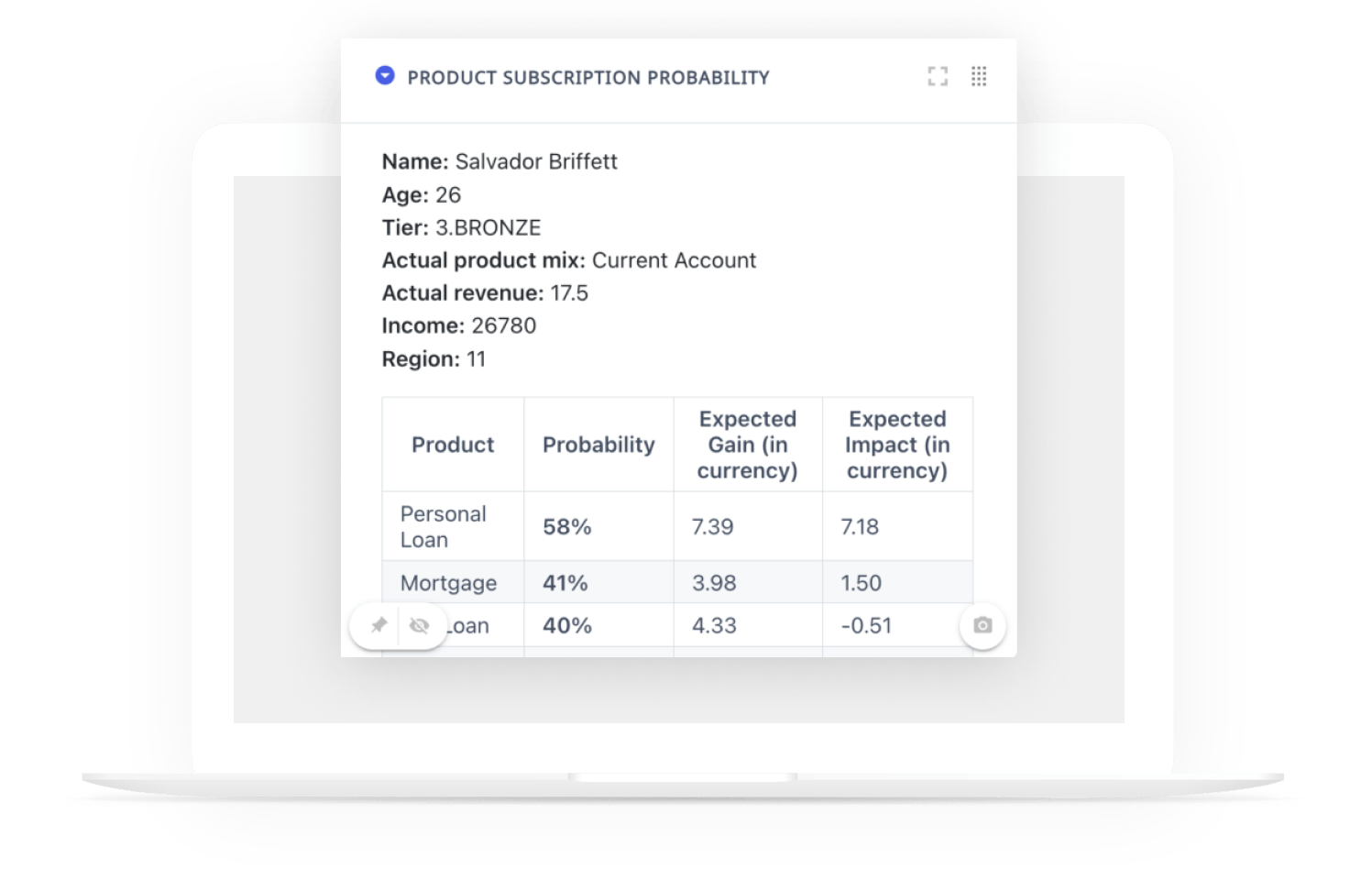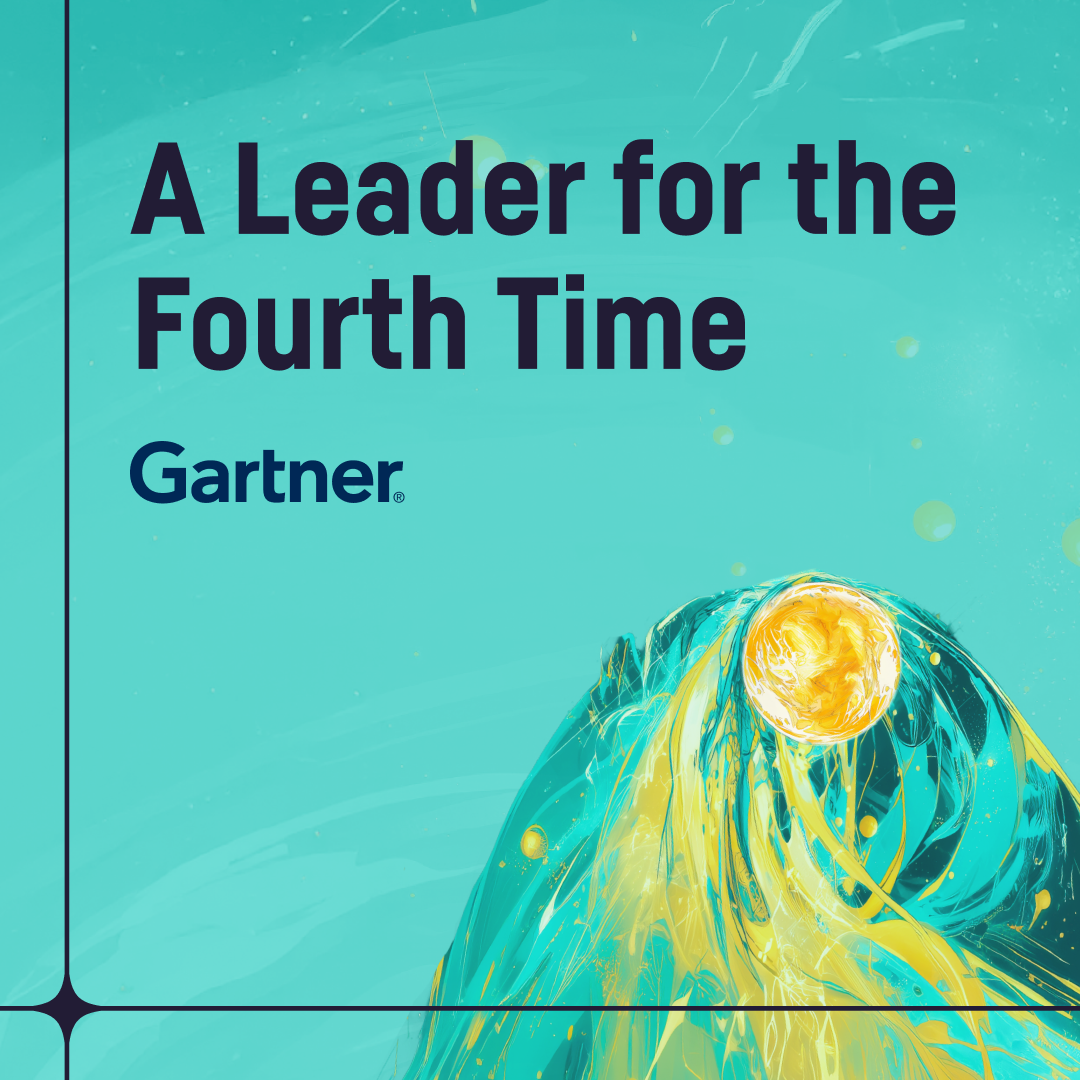PASHA Holding redefined HR data analytics and reporting with Dataiku, enabling real-time insights, faster and more efficient reporting, the introduction of predictive analytics, and more.
60x Faster
HR report generation
10+ Companies
Visibility into employee turnover powered by data integration across said companies
150+
Real-time dashboards delivering actionable HR insights
Over the last few years, PASHA Holding’s Corporate Center Group HR department faced an uphill battle. Managing HR data across separate companies — each with their own HR committees and supervisory boards — was chaotic and time-intensive. The result was a fragmented, time-consuming process reliant on spreadsheets, PowerPoint decks, and paper records — all of which lead to inefficiencies and inconsistent reporting.
Each company had to dedicate at least one team member solely for data consolidation and manual report preparation, causing delays and human error. The lack of standardization across systems and formats made cross-company analysis virtually impossible.
The Challenge: A Fragmented and Risk-Prone HR Landscape
Beyond inefficiency, the decentralized model posed serious risks. Sensitive employee information was often exchanged informally, without encryption or secure storage — exposing the organization to potential data breaches.
The lack of real-time analytics further weakened strategic decision-making. Although high turnover was apparent, the absence of reliable, timely insights and predictive tools left the root causes unidentified. Paper-based exit surveys yielded little actionable insight, and executives lacked visibility into key HR metrics, hampering organizational agility.
With no centralized HR analytics system to provide real-time dashboards and insights, it was difficult to provide stakeholders with visibility and timely information. It became clear that a complete transformation was necessary.
The Solution: Centralization, Automation, & Advanced Analytics With Dataiku
PASHA Holding addressed the core challenge by integrating data from multiple Human Resources Information Systems (HRIS) directly into a unified analytics platform: Dataiku. This integration covered systems used by PASHA Bank, PASHA Insurance, PASHA Life Insurance, Kapital Bank, PASHA Pay, PASHA Holding, PASHA Technology, the Group’s non-financial businesses, and five additional companies currently being onboarded.
With over 50 key employee data fields consolidated, a secure and standardized data foundation was established within the platform. Dataiku was selected for its advanced analytics capabilities, seamless data integration, and scalability. Through automated ETL pipelines, both daily and monthly data ingestion processes were implemented, enabling real-time visibility into HR metrics across the entire group.
Dataiku allowed us to automate data ingestion on a daily and monthly basis, enabling real-time analytics and advanced HR reporting. This marked a significant shift from the manual, error-prone processes that had previously dominated HR decision-making.
-Eshgin Jafarov, Group HR Data Analyst, PASHA Holding
This marked a shift from reactive reporting to proactive, data-driven decision-making. PASHA Holding invested in developing analytical competencies across the group. An HR Data Analytics Manual was rolled out, and more than 30 HR professionals participated in tailored training programs. This empowered teams to embrace self-service analytics and make data part of everyday HR operations.
From Lagging Indicators to Leading Insights
The benefits of the transformation were immediate and significant:
- 60x faster report generation, turning multi-day tasks into a matter of minutes.
- Over 150 real-time dashboards now accessible by top management and strategic assets HRs and heads.
- Fully automated data ingestion and real-time HR reporting processes.
- Live insights into turnover, diversity inclusion, recruitment, exit, engagement, etc.
One of the key milestones was the development of the first employee churn prediction model in Azerbaijan, built using Dataiku. In the first phase, we generated real and timely insights into employee turnover through advanced churn analytics, including heatmaps and root cause analysis. These insights were discussed in HR committees, helping companies take data-driven actions to improve employee retention. As a result, group-wide KPIs were defined to monitor progress and reach out strategic targets.
The initial results informed action plans and revealed key lessons — such as the importance of HR data maturity and the value of integrating market benchmarks. Based on this learning, we are now collaborating closely with the Dataiku team to enhance the model in its second phase, which will include non-financial businesses and external data sources for broader applicability and impact.
-Eshgin Jafarov, Group HR Data Analyst, PASHA Holding

GET TO KNOW PASHA HOLDING
FOUNDED IN
2006
HEADQUARTERS
Baku, Azerbaijan
TECH STACK
Dataiku + Microsoft Azure
KEY CAPABILITIES
Data Governance, Data Prep for AI
HR teams were freed up to focus on strategy rather than wrangling data. Meanwhile, top management benefits from instant access to reliable, up-to-date information. Over 50 staff — including HR professionals, analysts, and IT experts — underwent certification in Dataiku, Python, and SQL. This upskilling has fostered a data-first mindset across the organization, giving rise to a thriving community of HR tech adopters.
PASHA Holding’s efforts were recognized with two national awards for Best HR Technology Adoption. The transformation has not only modernized the group’s internal HR operations but has also set a new regional benchmark for how HR analytics can drive strategic value. Looking ahead, PASHA Holding is focused on further deepening its analytics capabilities — with plans to develop advanced predictive models for succession planning and workforce forecasting, implement enhanced employee engagement tracking and retention strategies, and continue fostering a culture of knowledge sharing within the HR data and technology community.
To support this vision and strengthen collaboration across the group, PASHA Holding has launched the “HR Tech & Data Community” — a dedicated program designed to build HR data capabilities by developing real-world use cases and implementing them directly within Dataiku.
Dataiku’s impact was immediate. Report generation became 60 times faster, employee turnover predictions improved, and real-time data became accessible to our main stakeholders. This allowed us to reduce data-related risks, improve decision-making, and save substantial time.
-Eshgin Jafarov, Group HR Data Analyst, PASHA Holding





